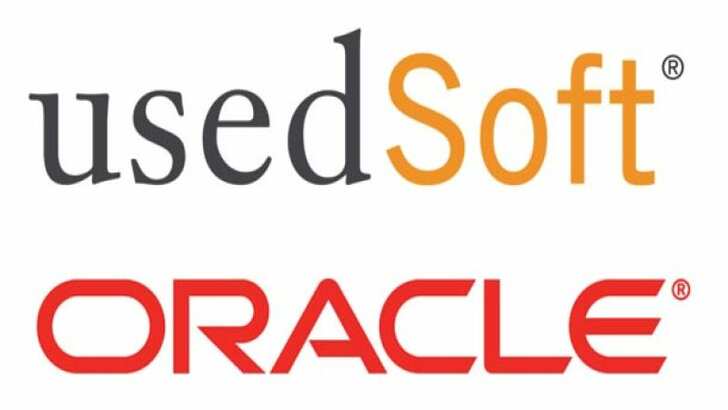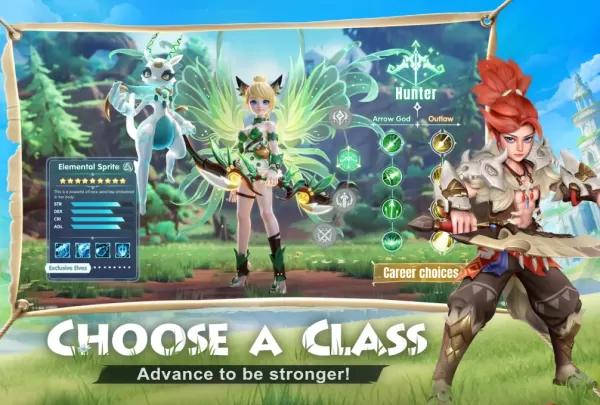The European Union's Court of Justice has ruled that consumers within the EU can legally resell downloaded games and software, overturning restrictions imposed by End User License Agreements (EULAs). This decision stems from a legal dispute between UsedSoft and Oracle, establishing the principle of exhaustion of distribution rights.

This principle dictates that once a copyright holder sells a copy granting unlimited usage rights, the distribution right is exhausted, enabling resale. This applies to games purchased via platforms like Steam, GoG, and Epic Games. The original purchaser can sell the license, allowing a new buyer to download the game. The ruling clarifies that the original buyer must render their copy unusable upon resale.

"A license agreement granting the customer the right to use that copy for an unlimited period...the rightholder sells the copy to the customer and thus exhausts his exclusive distribution right...Therefore, even if the license agreement prohibits a further transfer, the rightholder can no longer oppose the resale of that copy."
The practical application involves transferring a license code, with the seller losing access after the sale. However, the lack of a formal resale system presents challenges, particularly regarding account registration.

While resale is permitted, the seller cannot retain access to the game post-sale. The court emphasizes that continued use after resale constitutes copyright infringement.
The court further clarifies reproduction rights: while distribution rights are exhausted, reproduction rights remain, but only for necessary use by the lawful acquirer. This allows for downloads needed for intended program use, overriding contractual prohibitions.

Importantly, the ruling excludes backup copies; these cannot be resold. This aligns with a previous CJEU case (Ranks & Vasilevics v. Microsoft Corp.) which established this limitation.

This decision significantly impacts digital game distribution, granting consumers a new right while clarifying the limitations surrounding resale and reproduction. The lack of a defined resale market, however, remains a key area for future development.








